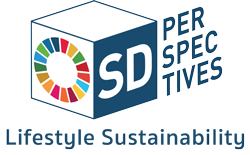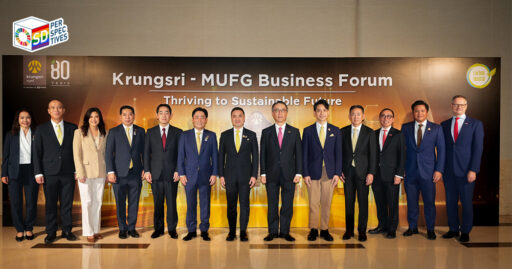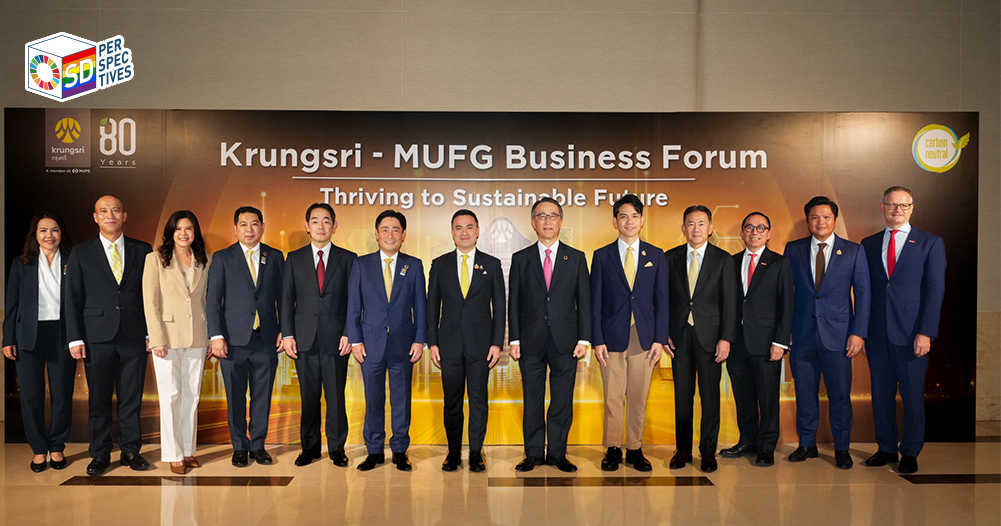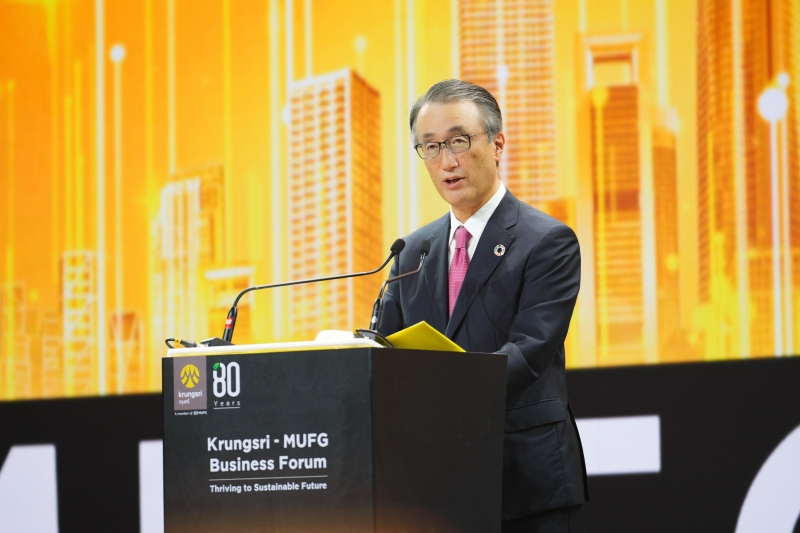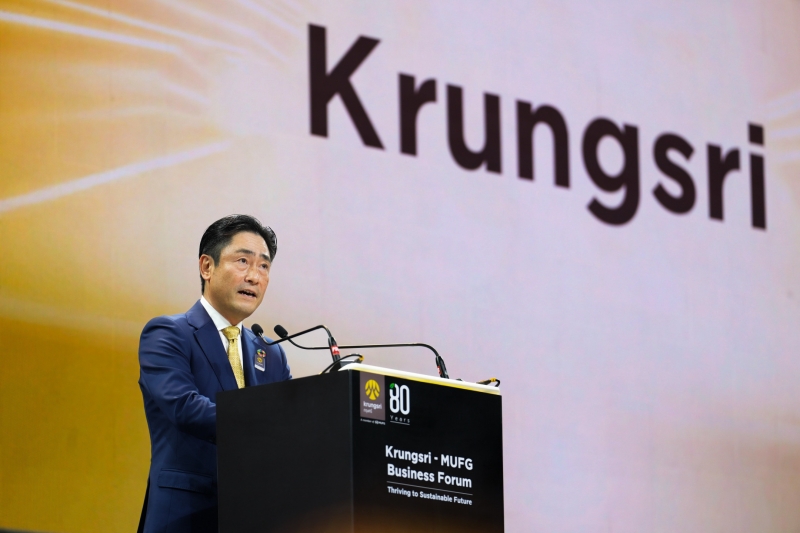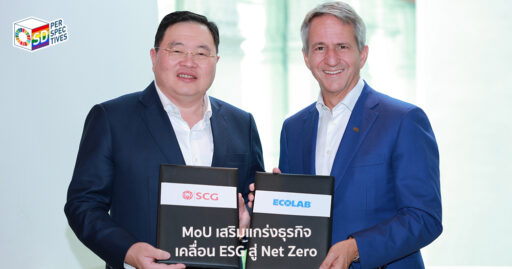August 13,2025…Krungsri celebrated their 80th anniversary this year by focusing on strengthening their core banking services, accelerating digital transformation, fostering a culture of innovation and committing to sustainability with the clear goal of achieving Net Zero by 2030.
By Jasmine Fairhurst
Mr. Kanetsugu Mike, Chairman of MUFG, said,
“Under MUFG’s Medium-term Business Plan (FY2024 – FY2026), strengthening our Asia-Pacific business remains a top priority. Within this strategy, Thailand continues to be a strategically important market, where our partnership with Krungsri – now approaching 12 years – plays a crucial role. Over the years, we have cultivated a strong, family-like relationship. Together, we are committed to advancing sustainable development and fostering economic resilience not only in Thailand but also across the broader region.”
Mr Kenichi Yamato, Krungsri President and CEO said,
“Our resilience through past economic challenges and the recent pandemic has prepared us to face today’s complex global and domestic uncertainties- ranging from geopolitical tensions to technological disruptions and climate change.”
Krungsri aims to lend a helping hand to businesses supporting them through their growth and thrive through:
1.Strategic Alignment and Collaboration: By partnering with MUFG has assisted growth to flourish in all sorts of areas such as tailored financial solutions, industry expertise, and expanding regional partnerships to give customers a competitive edge across ASEAN
2.Digital Innovation: To excel beyond traditional banking, focusing on digital investments and innovations that will be able to support the fast paced growth and changes of the economy while managing risks effectively.
3.Sustainability Commitment: Implementing sustainability as the core foundation of business practices where economic growth, environmental responsibility, and social well-being are interconnected.
The first Thailand’s Climate Change Act has been drafted and is expected to be approved and put into action, possibly as soon as 2026. Once it is implemented, it will be the roadmap to guide the direction of sustainability of the country, ensuring a more foolproof and elaborate system to thrive, bringing forth the anticipated outcomes.
The upcoming Climate Change Act comprises a series of provisions that will affect the way businesses are run with regard to environmental issues with the intention of minimising harm and promoting sustainability.
ETS (Emission Trading Scheme) will play a fundamental role towards controlling greenhouse gas emissions and keeping them within the appropriate levels. This is enabled by creating a limit to the amount of pollution businesses are allowed to produce. With some industries having already taken part in such schemes, it is still not enough and will require much more cooperation. By producing less greenhouse gases than permitted, businesses will have the ability to sell any of their remaining permits to other businesses.
Carbon Tax performs a crucial part in controlling the amounts of greenhouse gas emissions unleashed. For businesses that produce more pollution than is granted will have to pay a higher tax rate with the highest being 120 Thai Baht per unit. Factories and importers will be responsible for paying this tax. With this implemented it should create a stronger shift towards clean energy instead of fossil fuels.
A Climate Fund will be created to support businesses and projects that abide with sustainable guidelines and those that are researching topics within the field. This will increase competitiveness and will be funded by sources such as carbon tax, ETS permit auctions and CBAM fees.
Mandatory Corporate GHG Reporting will allow data to be collected with businesses having to report their greenhouse gas emissions. This information will be accessible to the public to create more transparencies on such matters and keep them strictly regulated.
Thailand CBAM (Carbon Border Adjustment Mechanism) will stop companies from migrating to places with looser climate rules and regulations and will make sure that imported goods pay the same carbon costs as those situated within the country.
Dr.Phirun Saiyasitpanich, Director General Department of Climate Change and Environment hopes to see this act created in a manner that can positively impact and improve the current state of the country. With companies being able to conform to the rules and regulations in place, creating a balance between the needs of the economy and the environment.
Krungsri has increased its sustainable finance target to 250 billion baht, reinforcing the role in leading the transition toward a greener, more resilient economy.
